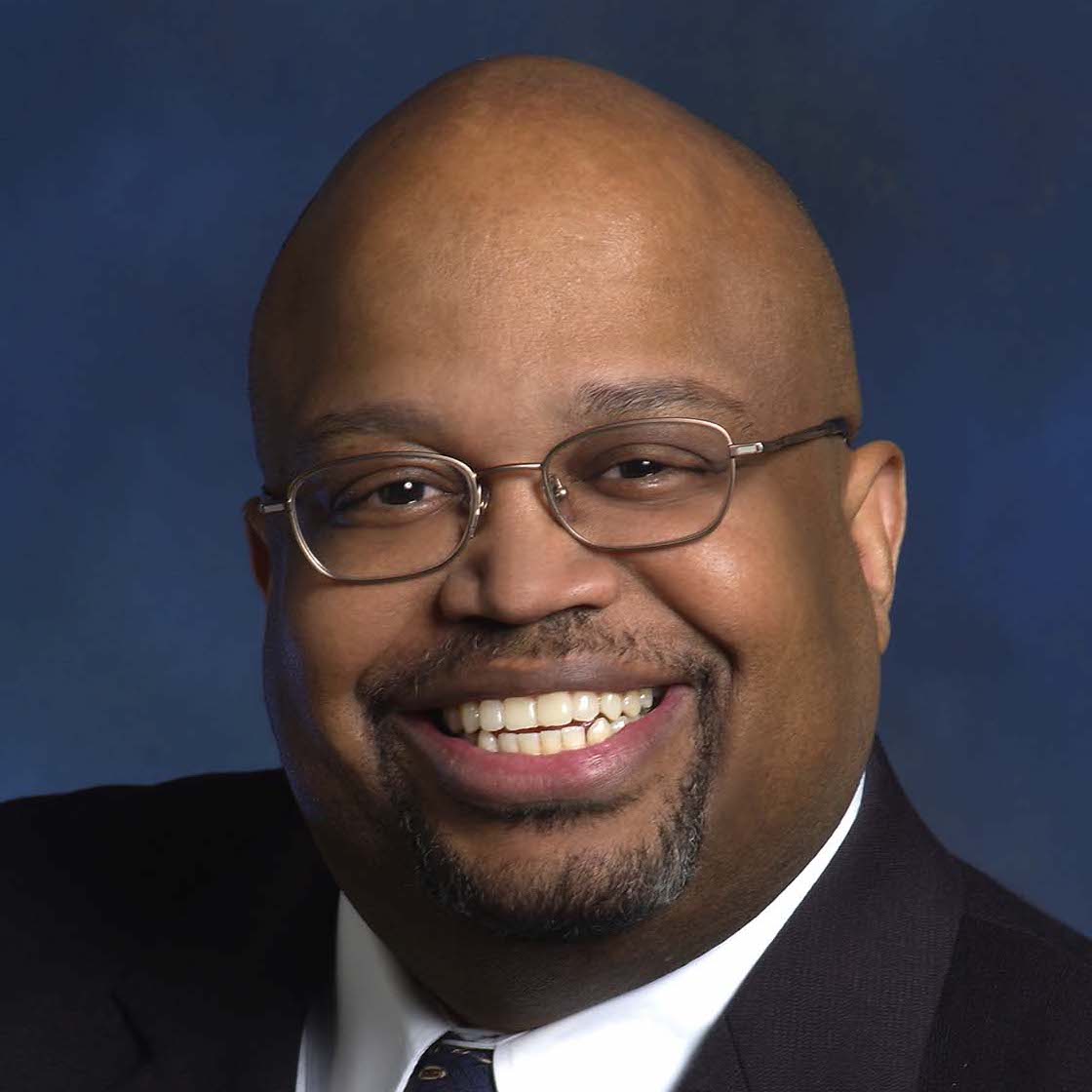With help from WFMT, complete archives of Studs Terkel find new life online
The WFMT Radio Network is preparing to release the complete digitized radio archives of Pulitzer Prize–winning oral historian Studs Terkel online by early 2015, with the help of the Chicago History Museum and the Library of Congress.
The Studs Terkel Radio Archive comprises 5,400 hours of content spanning Terkel’s 46 years on the air of the Chicago station. For a tentatively planned second phase of the archive project, WFMT will digitize more than 3,000 hours of supplemental materials that Terkel recorded outside of WFMT.
The network also plans to produce new radio programs featuring selections from the archives, which it will offer for pubradio broadcast via Public Radio Exchange as part of PRX’s new distribution agreement to host all WFMT Network content. WFMT seeks additional funds, including a $460,000 grant proposal pending with the National Endowment for the Humanities. The NEH grant would support site production and promotion and pay for the new position of a cultural ambassador and social media editor to build awareness of the archive.
A portion of Terkel’s interviews, including conversations with Muhammad Ali, Daniel Ellsberg and Patricia O’Brien, are already online via the Pop-Up Archive, an online audio archive project launched last year that is serving as the back end for the rest of the material. Co-founders Anne Wootton and Bailey Smith partnered with PRX to develop the Pop-Up Archive with funding from NEH and the Knight Foundation News Challenge.
Terkel, who died in 2008, hosted The Studs Terkel Program on WFMT from 1952 to 1997. He became known for the skill with which he conducted his interviews with both cultural icons and average citizens, as well as for his historical audio documentaries and sound collages. Terkel and WFMT carefully archived his interviews, organizing tapes and storing them under proper conditions. Through the decades, Terkel showed off his growing collection to interested parties.
“I think everybody always understood he was documenting history for posterity as it happened,” said Tony Macaluso, director of network syndication at WFMT. “It was a daily radio show, but there was never any question that he was capturing these epics in American history.”
In 1998, Terkel moved the show’s archive of reel-to-reel tapes from WFMT to the Chicago History Museum. The Library of Congress began digitizing the collection in 2011, and the museum approached WFMT about making the resulting archives publicly available over the Internet.
The three organizations collaborated in preparing to publish the entire archives online, establishing open access to a dedicated site, StudsTerkel.org. The Chicago History Museum provided seed funding for a placeholder version of the site. Once the archive project is complete, the site will offer 40 categories of interview content, including topics such as Chicago, civil rights, poetry and feminism.
Some repackaging of the archive has already begun: In April, the network produced a series of clips of Terkel interviewing poets for National Poetry Month in collaboration with the Poetry Foundation.
WFMT hired Allison Schein as the project’s archive manager last fall. Among several partner organizations on the project, Chicago-area Dominican University is providing in-kind support by putting its graduate students and faculty to work on text-based elements of the website.
The network had initially toyed with the idea of a subscription service for the archives, similar to the archives for its classical program Exploring Music. But ultimately, “everyone pretty much felt from the get-go that this was Studs’s legacy and there should be no barriers whatsoever,” Macaluso said. “Our job was to go out and fundraise so it could be free.”
There could still be opportunities to make small amounts of revenue from licensing interviews to commercial enterprises. For example, the producers of the current Broadway revival of Lorraine Hansberry’s play A Raisin in the Sun paid a small sum to license an archived Terkel interview with Hansberry, which they play for audiences prior to every performance.
At a recent Studs Terkel festival held at the University of Chicago May 9-11, WFMT gave a presentation on the archive to the audience and played clips. The network also invited audience members to interact with the archive and hopes to encourage interactive projects based around the interviews, including lesson plans and remixes.
“One of the plans is to encourage people, not just professional journalists or radio makers but school kids, to create their own audio work for the Studs archive,” Macaluso said.







